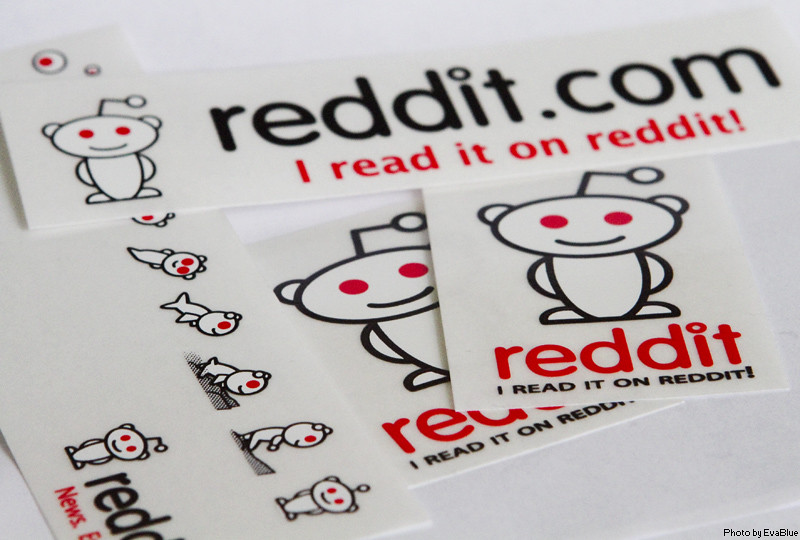Rough Course Projects Ahead!!
These four major projects appear to be somewhat difficult. They will require me to improve my time management and writing skills if I want succeed. I am not to fond of English class, but if I want to be successful with these projects, I must embrace it and be one with the English class.
- What are you most confused by or nervous about in regards to the four major projects?
One of the things that makes me nervous is picking out a topic and finding enough information on it. Another aspect of the four major projects that make me nervous is being able to tailor my writing to fit the profile of each project. The part about being award of changing condition in project three, "A Public Argument," also makes me somewhat uneasy. As far as confusion goes, everything seems to pretty clear and straight forward for the time being, but that may change at any moment.
- What are you most interested in or excited by in regards to the four major projects?
In project 2, we have to learn about how professionals in my field write. For some reason I find that interesting because I believe that it will come in handy and its something I never really thought about. Investigating a controversy in my field for project one also seems interesting because I think that it will be a glimpse into the future about what I might have to be dealing with.
- Based on your understanding of the four major projects, what are the elements of this course that you have to ahead for? How will the coursework described in the four projects assignment sheets challenge your time management skills this semester?
One major things that I have to plan ahead for are the interviews for project two. I need to schedule these interviews a few weeks in advanced to make sure that I can meet with the individuals I plan to interview. I also have to begin learning about video editing software for the project that I decide to make a video essay ahead of time because I do not know how long this will take. As far as time management goes, I have to properly allocate time and make list so that I can stay on track. Furthermore, I have to stick to the personal deadline that I make.
- How has your past English coursework in high school or college prepared
you for the challenges of this course? What skills will you bring into
the course with you?
I think that I am decently prepared for the challenges of this course. Nonetheless, I feel like I am not fully ready for the storm ahead. From high school, I bring adequate grammar skills and the ability to developed a nice, flowing essay. I am also well aware what a metaphor, simile, and some other forms of figurative speech are since I have been taught about them every year since the 3rd grade.
- Do you have any questions about the four major projects that haven't
been answered by the assignment sheets? What do you still want to know?
Currently, I have no further questions about the four major projects. The content on D2L has addressed all the question
I may have had. However, I am pretty sure later on in the future questions will pop up.
Reflections on Kathryn's Post: Kathryn's post made me realize all the stuff I am missing on my To-Do and watch list. I almost completely forgot of the rubric, but thanks to Kathryn, I will now pay close attention to is so that I know what is expected. Furthermore, I now realize that I have to know all aspects of my argument for project 3 so that I may develop an even stronger stance in the end.
Reflections on Neej's Post: First off, it's great to know that I am not the only one edgy about the public argument for project 3. I liked how Neej emphasized how we need to extensively research and become experts on the topic we choose. For some reason, hearing someone else say has convinced me to fully try to become an expert on the topic I choose for project 3. Neej's statement of this English class being a break from the "traditional mold" couldn't have been stated any better. This statement made these project seem a bit less daunting.


.jpg)









